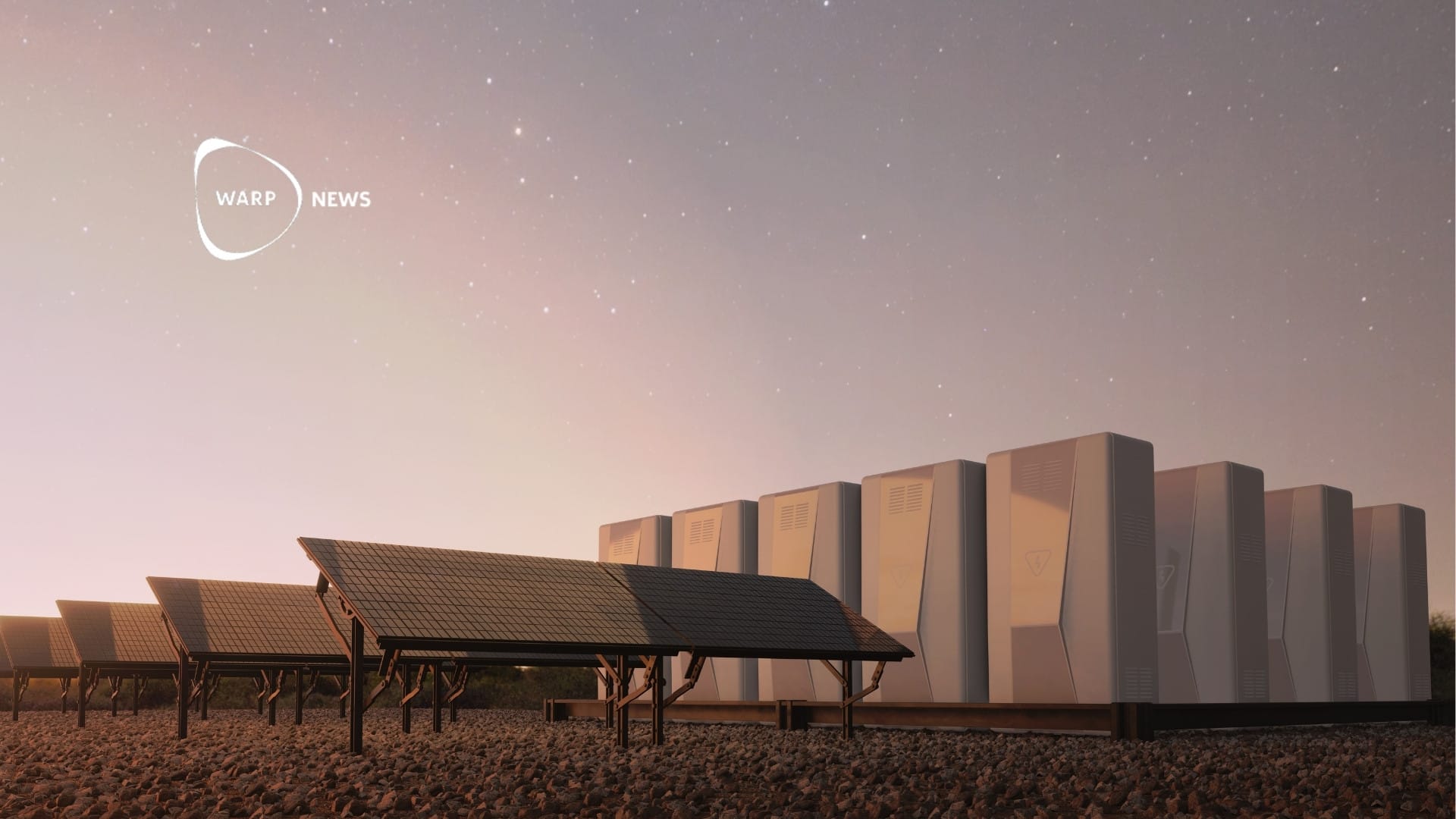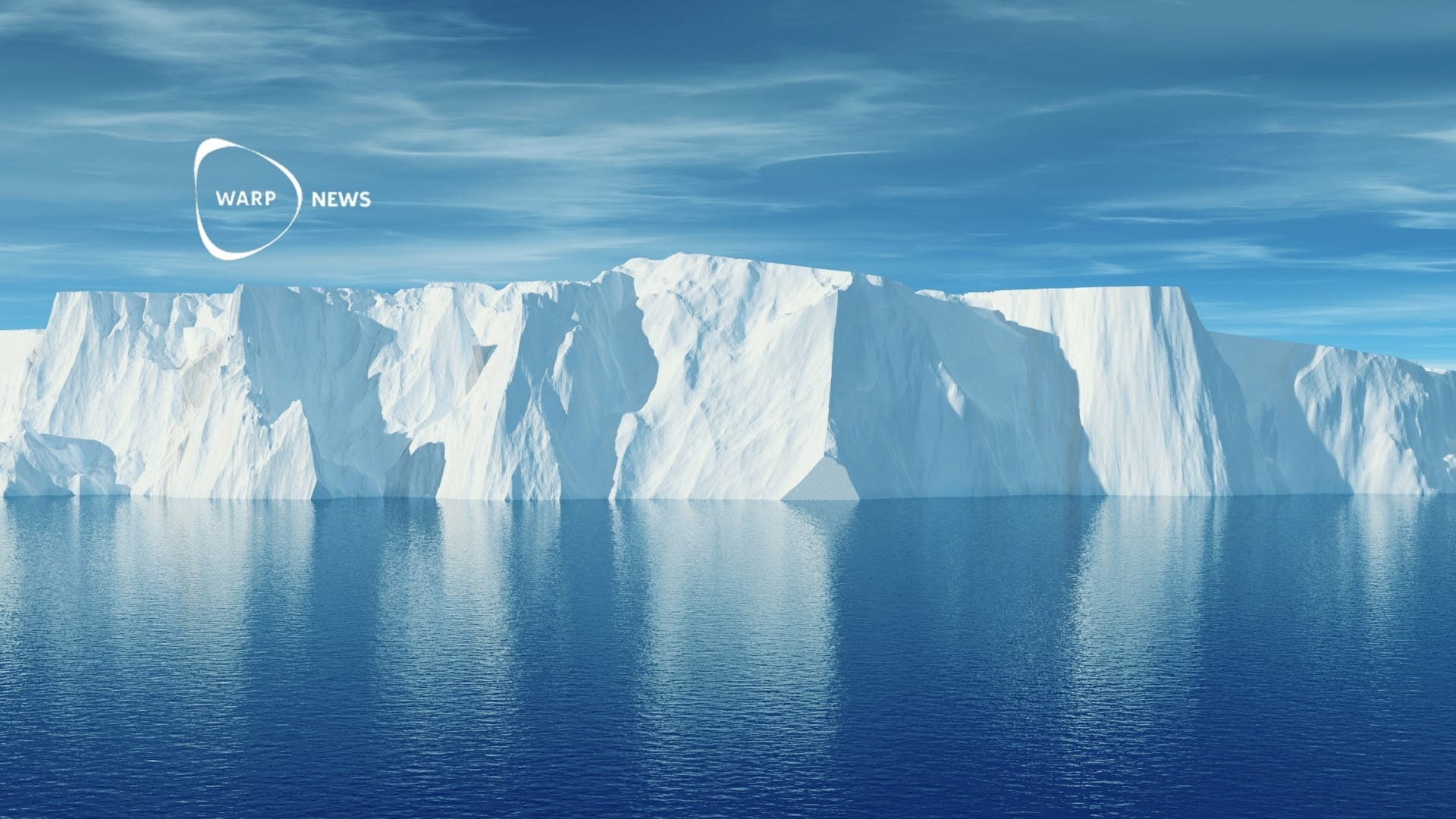
💦 New nanoscale material can split water to make fuel
Hydrogen is somewhat the underdog in the vehicle fuel debate, but now scientists have made a breakthrough when it comes to extracting technology.
Share this story!
Some carmakers, including Toyota, Honda, and BMW, believe hydrogen will play a part in the green energy technology. But developing stable and scaleable technology for splitting water to extract hydrogen, a process called electrolysis, has so far been challenging.
Now researchers at the University of Central Florida have made a nanoscale material that shows good results.
The material is a thin film with tiny nanoscale structures on it. The material is made of nickel selenide and is "doped" with iron and phosphor, and it is the doping that allows the electrolysis to happen. When splitting seawater, you get oxygen and hydrogen.
"The seawater electrolysis performance achieved by the dual-doped film far surpasses those of the most recently reported, state-of-the-art electrolysis catalysts and meets the demanding requirements needed for practical application in the industries," one of the scientists, Yang Yang, explained to Interesting engineering.
According to the scientists, the material has the potential of being put to use in commercial settings as they have tested it for 200 hours, and it kept a high performance during the whole period. The results are published in the journal "Advanced Materials".
Not everyone is convinced
Elon Musk calls hydrogen "loads of bullshit", and "mind-bogglingly stupid". And as more and more carmakers go electric it sure looks like hydrogen is fighting exceedingly bad odds. One hurdle is the lack of hydrogen fuel stations and the fact that low-carbon hydrogen is currently not cost-competitive.
But some countries do believe in the technology. France has just released a research project and has invested seven billion euros. The goal of the project is, amongst others, to develop fuel cells with longer lifespans. The EU has also started to fund projects aiming at exploring hydrogen.
But for now, the hydrogen market is in, as the World Energy Council puts it:
"a chicken and egg situation, between demand and supply".
By becoming a premium supporter, you help in the creation and sharing of fact-based optimistic news all over the world.


